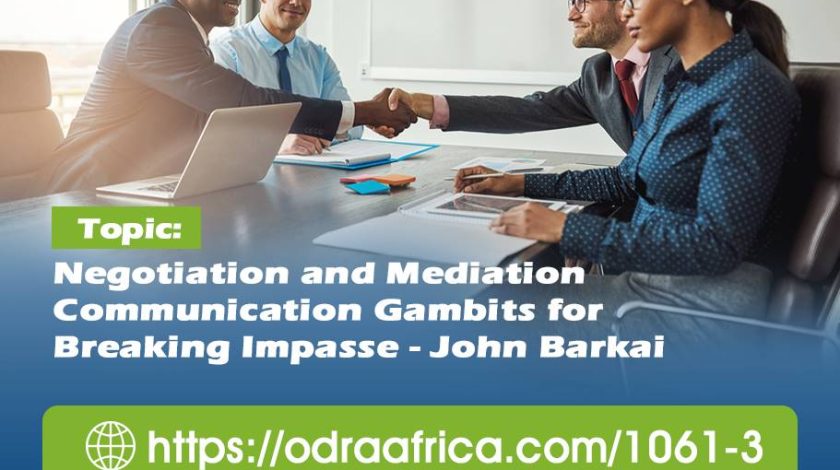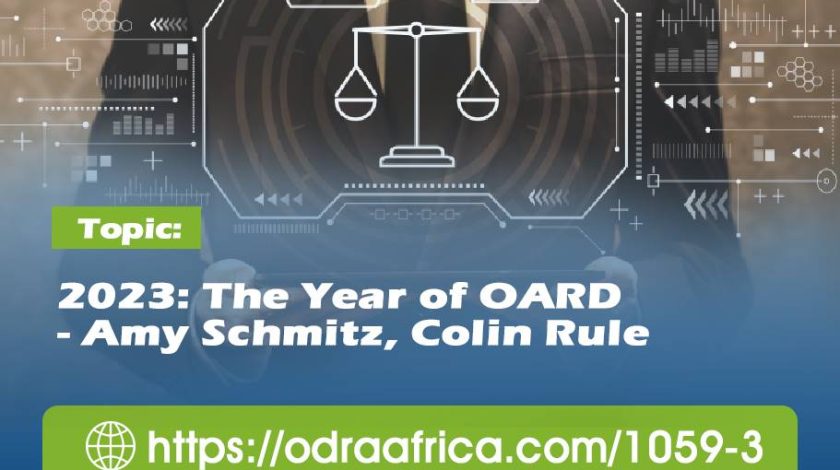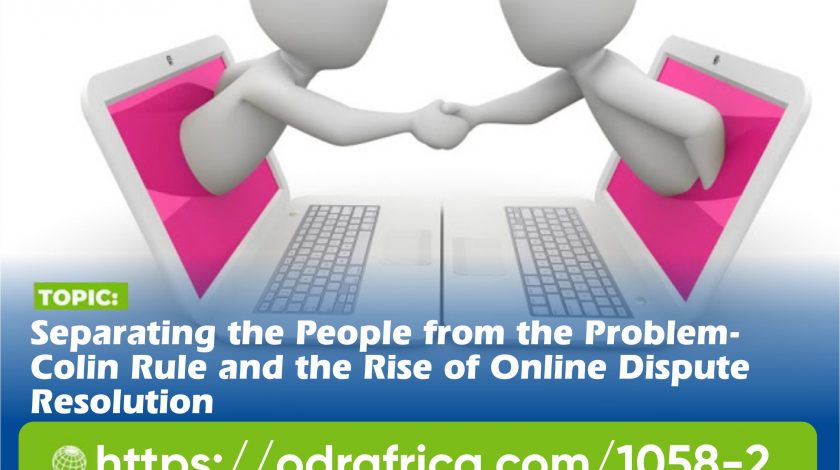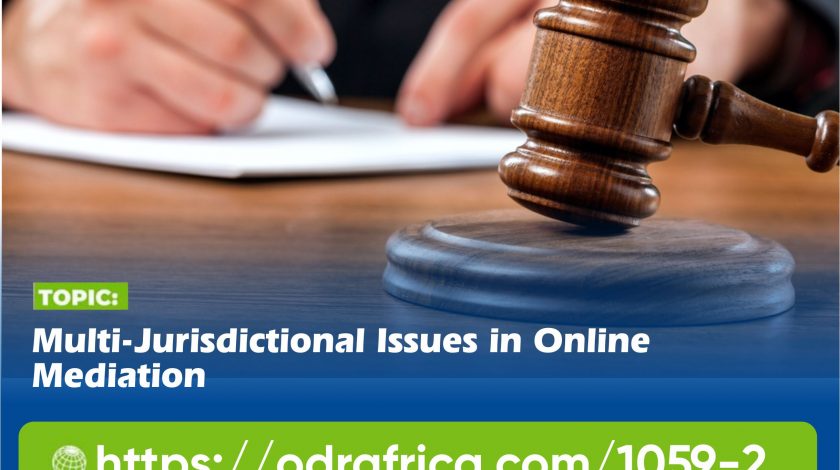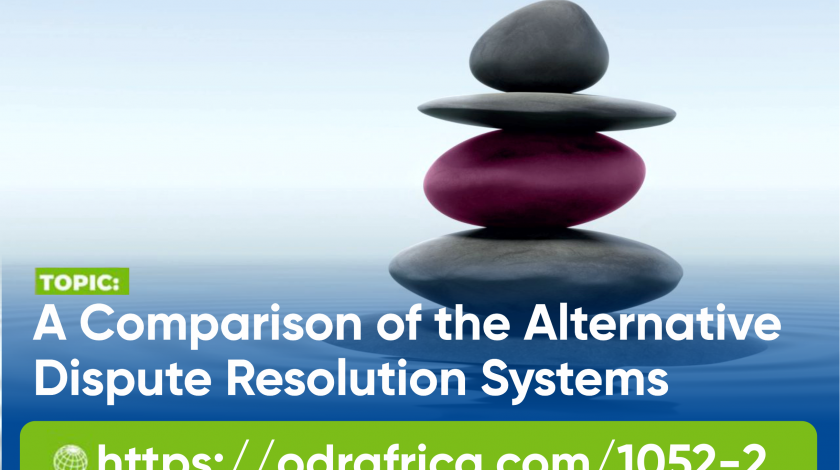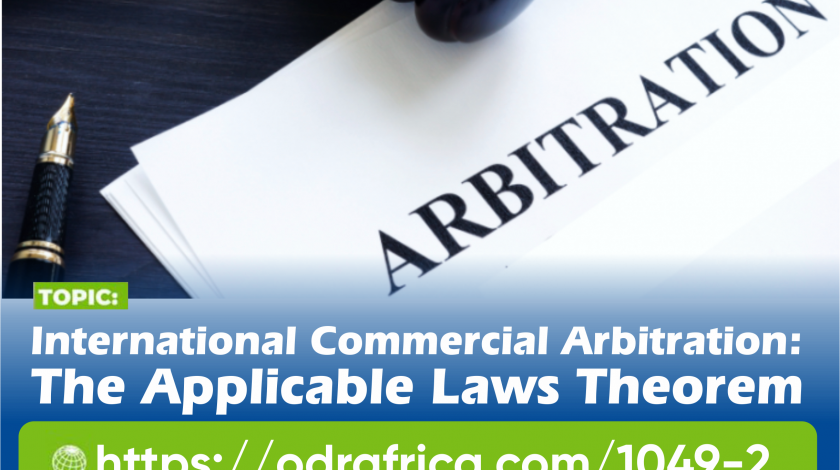Negotiation and Mediation Communication Gambits for Breaking Impasse & more…
A sample of over 3,000 phrases for negotiators, mediators, and judges, on more than 400 topics in the book from Prof. John Barkai Principle of the thing – I won’t settle What principle is that exactly? Do you have any higher principles? How much flexibility does that principle have? Quotations on conflict You’ve got to hang the meat low enough to get the dog to jump for it. Opportunity may knock, but it seldom nags. Concession – ask for one Can you do better than that? We’re going to need something more than that. Concession – don’t use the word “concession – Some people equate “concession”Read More →

